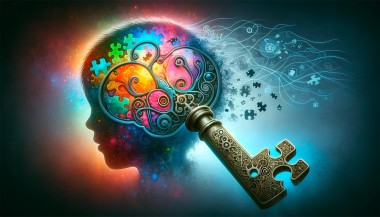Scientists Pinpoint Main Cause of Sensory Hypersensitivity in Autism ( scitechdaily.com )
This study has identified the anterior cingulate cortex (ACC) as a key area in the brain responsible for sensory hypersensitivity in autism spectrum disorders. Utilizing a mouse model with a Grin2b gene mutation, heightened neural activity and connectivity in the ACC was observed. Suppressing this hyperactivity normalized the sensory hypersensitivity, offering new insights into treatment options
https://www.nature.com/articles/s41380-024-02572-y
(open access)
